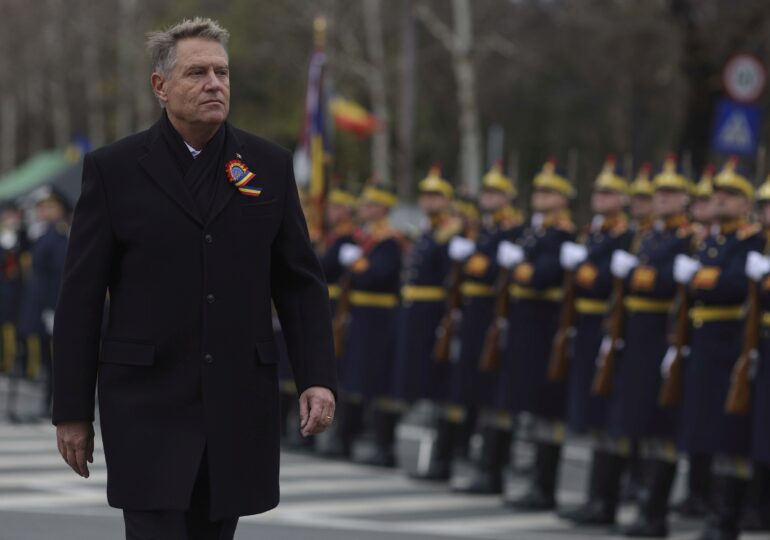President Klaus Iohannis agreed to declassify the information presented by Romanian secret services, and the Ministry of Internal Affairs during last week’s Supreme Council of National Defence (CSAT) meeting.
CSAT announced, after the meeting on November 28th, that Council members found that there were cyber attacks aimed at influencing the correctness of the electoral process and that, by violating electoral legislation, a candidate benefited from massive exposure on the TikTok platform.
The documents talk about an operation prepared in favor of Călin Georgescu (the accounts were created on TikTok as early as 2016) and which has "the modus operandi of a state actor."
A campaign financier is businessman Bogdan Peșchir, who donated over 1 million euros, of which TikTok acknowledges receiving $381,000.
The network of accounts directly associated with Călin Georgescu's campaign was initially made up of 25,000 TikTok accounts, which became very active two weeks before the first round.
Romanian Information Service accuses that a state actor would have been involved in the elections in Romania, through certain attacks on the electoral systems, and also by analyzing the way Călin Georgescu's notoriety suddenly increased.
The modus operandi, as well as the scale of the cyber campaign, lead to the conclusion that the attacker has considerable resources, correlated with a modus operandi specific to a state attacker.
The activity of the network accounts was organized outside the TikTok platform, specifically on the Telegram messaging app.
The Ministry of Internal Affairs noted that over 100 influencers were paid and manipulated to unknowingly campaign for Georgescu. And the campaign "Balance and Integrity" is identical to the "Brother Next to Brother" campaign carried out by Russia in Ukraine before the invasion, both through the manipulation of legitimate micro-influencers.
The Ministry of Internal Affairs also claims that a right-wing extremism supporter, who organizes military camps, participated in the "promotion and buying of votes" for Călin Georgescu.
The Romanian Foreingn Affairs Service claims that Romania is a target for Russian hybrid actions, including cyber attacks, information leaks, and sabotage. Russian propagandists on TV said that pro-Russian forces in Romania could get over 30% in the parliamentary elections.
There were over 85,000 cyber attacks on the electoral infrastructure, but all were stopped, so the electoral process was not affected.

